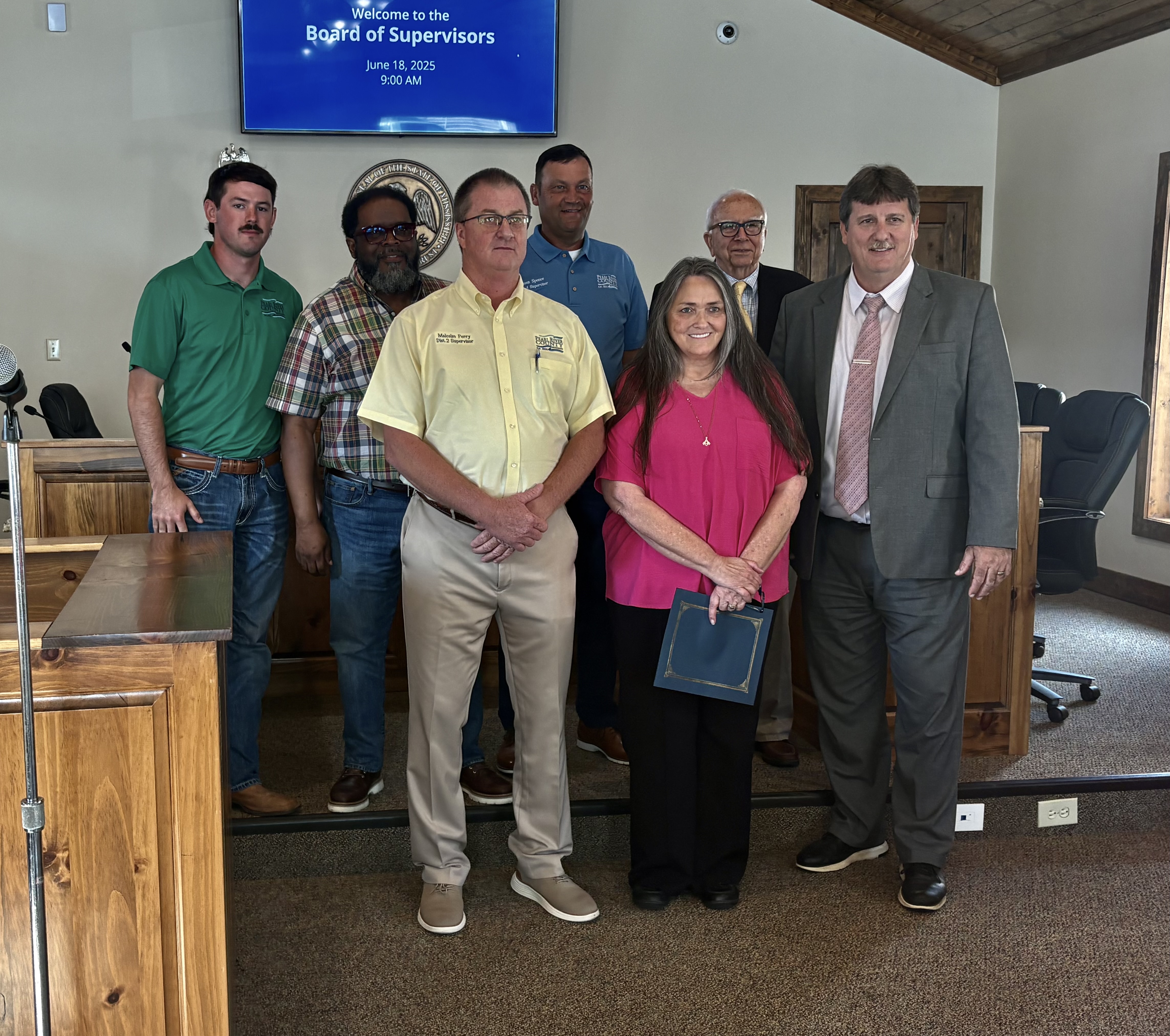Miss. death row inmate can pursue defense deficiency claim
Published 11:59 pm Saturday, November 10, 2007
The Mississippi Supreme Court has ordered a hearing into death row inmate Fred Sanford Spicer Jr.’s claims that his attorneys should have done a better job.
George County Circuit Judge Dale Harkey had denied Spicer’s post-conviction petition in 2003. Inmates use post-conviction petitions to claim they have discovered new evidence that might win them a new trial.
Spicer raised a litany of claims against his defense team, most of which were rejected by the Supreme Court. The justices, however, said Spicer deserved a hearing into how his lawyers defended him during the penalty phase of his trial.
The Supreme Court in 2006 upheld Spicer’s conviction, rejecting claims that Spicer’s appearance in a George County courtroom in shackles tainted prospective jurors.
Spicer was convicted of capital murder and sentenced to death in 2003.
Spicer was arrested in 2001 after he was stopped in Pascagoula while driving a vehicle registered in another man’s name. Authorities said a deputy discovered the body of Edmond Herbert, 42, also of George County, when he went to the Herbert’s home to ask why Spicer had his vehicle. The two men lived together, prosecutors said.
Prosecutors said Spicer killed Herbert by striking him in the head with a sword while Herbert was sleeping.
Justice Ann Lamar, writing in Thursday’s opinion, said the defense called only two witnesses, Spicer’s mother and an aunt, during the penalty phase to combat the prosecution’s pursuit of the death penalty.
Spicer claimed his attorneys, if they had tried, could have found at least 15 witnesses who could have testified about his character, childhood, education, his prior criminal record and circumstances about his previous convictions.
Lamar said there was little in the court record to show why Spicer’s defense did not call any of the witnesses.
“It is for the trial court to determine what is relevant evidence of a defendant’s character, prior record, or the circumstances of his offense. According to many of the affidavits, Spicer’s counsel never attempted to contact these witnesses and they were willing to testify at Spicer’s trial. Many of the affiants lived in George County.
“Spicer has raised minimally sufficient allegations to be entitled to a hearing concerning the effectiveness of his counsel during the penalty phase of his trial,” Lamar wrote.





